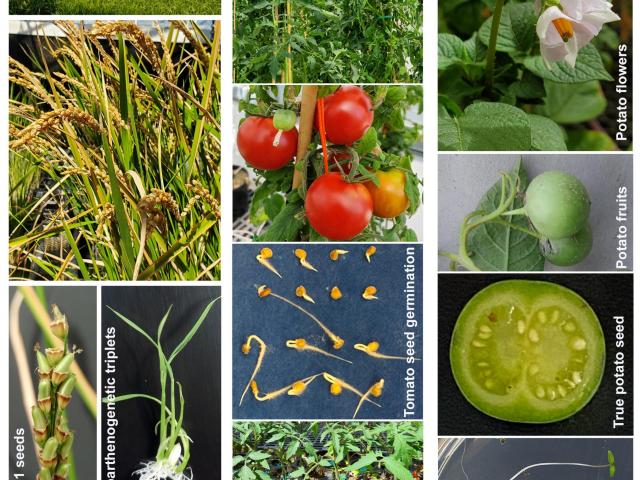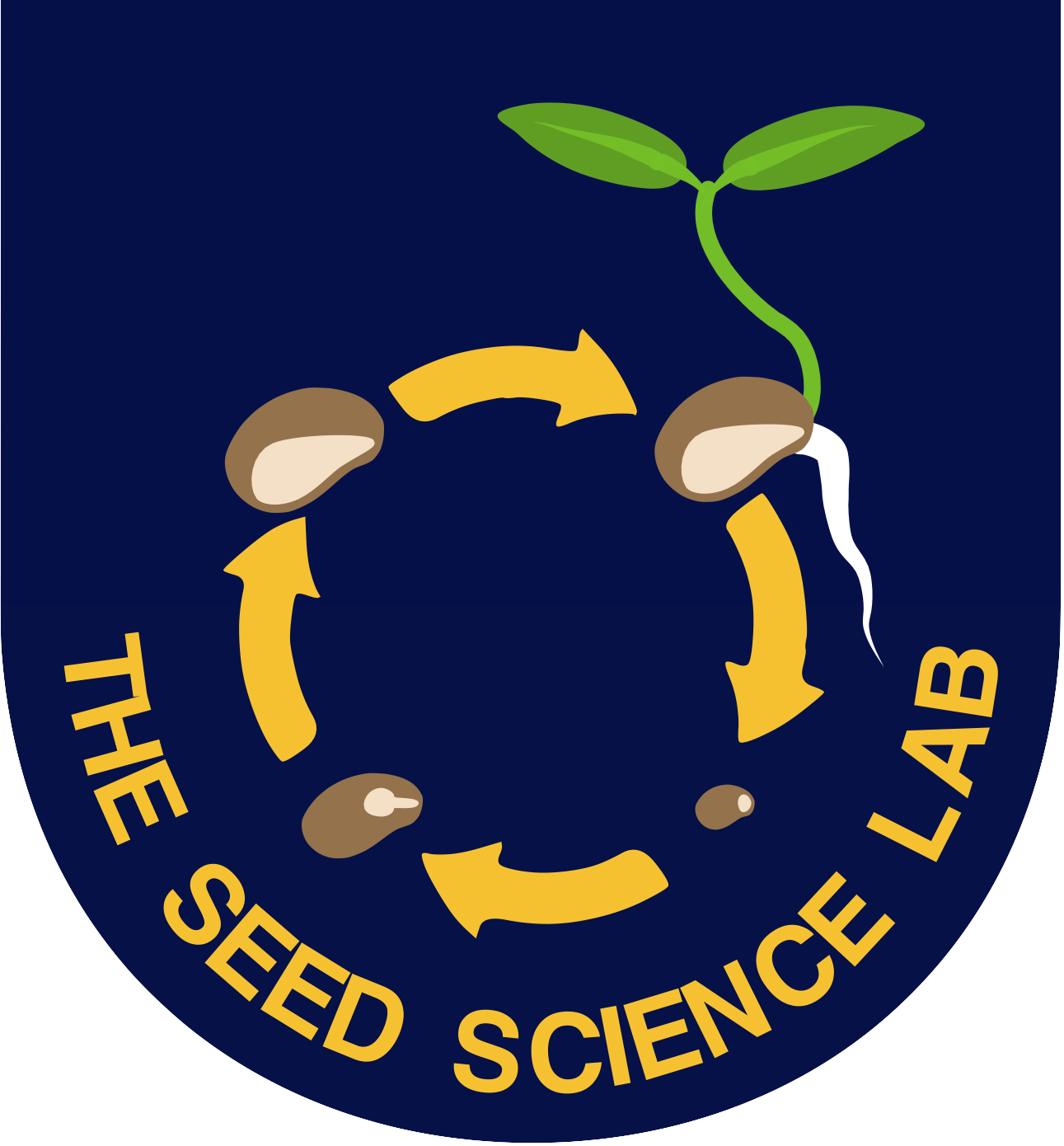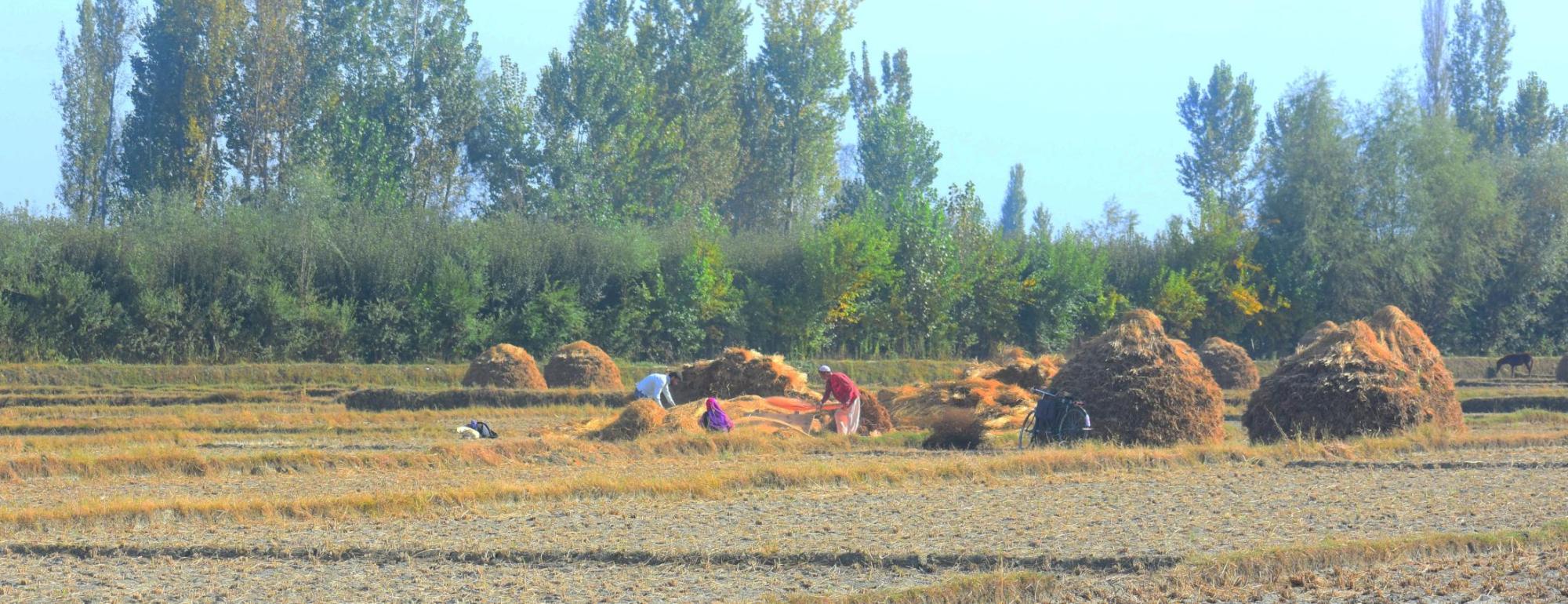Research

A crucial process in the life cycle of sexually reproducing plants is seed formation which ensures survival under unfavorable environmental conditions. Seeds provide most of the food calories for the world and act as propagules for most crops. Our research interests lie in understanding seed development and the translation of this fundamental understating into agricultural biotechnologies that enable crop propagation through clonal, high-vigor, disease-free, and climate-resilient seeds.
We are interested in exploring the following fundamental and applied aspects of seed biology:
- Investigate molecular-genetic bases of seed development to decipher critical gene functions involved in embryo initiation and embryo organ development.
- Development of synthetic apomixis in crops to enable clonal propagation through seed for preservation of vigor in hybrid crops and its extension to vegetatively propagated crops for disease-free propagation through seeds.
- Understand the role of abscisic acid in seed dormancy and germination and the modulation of the balance between abscisic acid and gibberellins to develop high-vigor and climate-resilient seeds.

